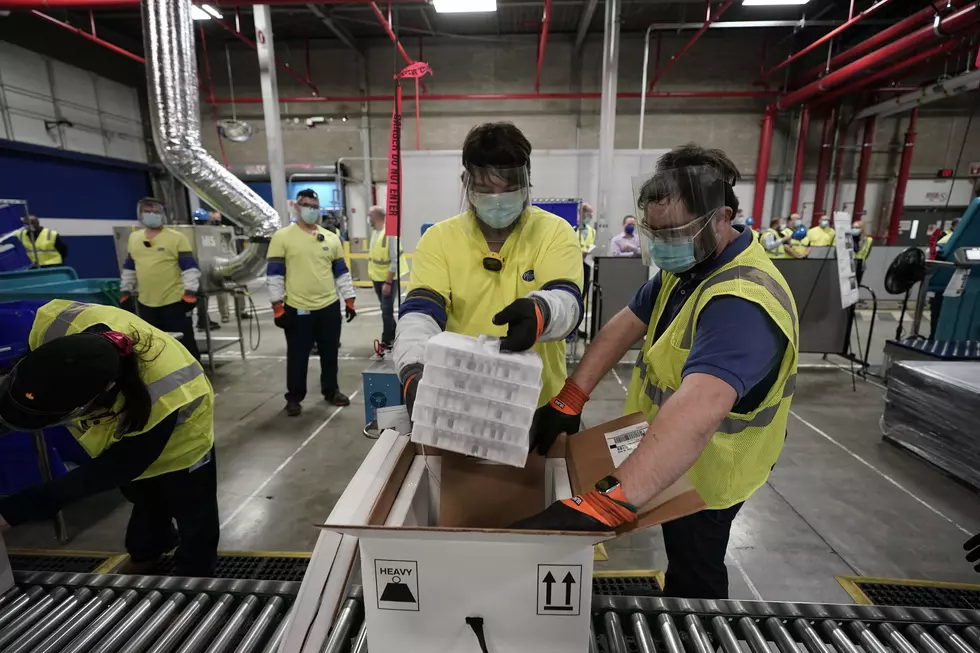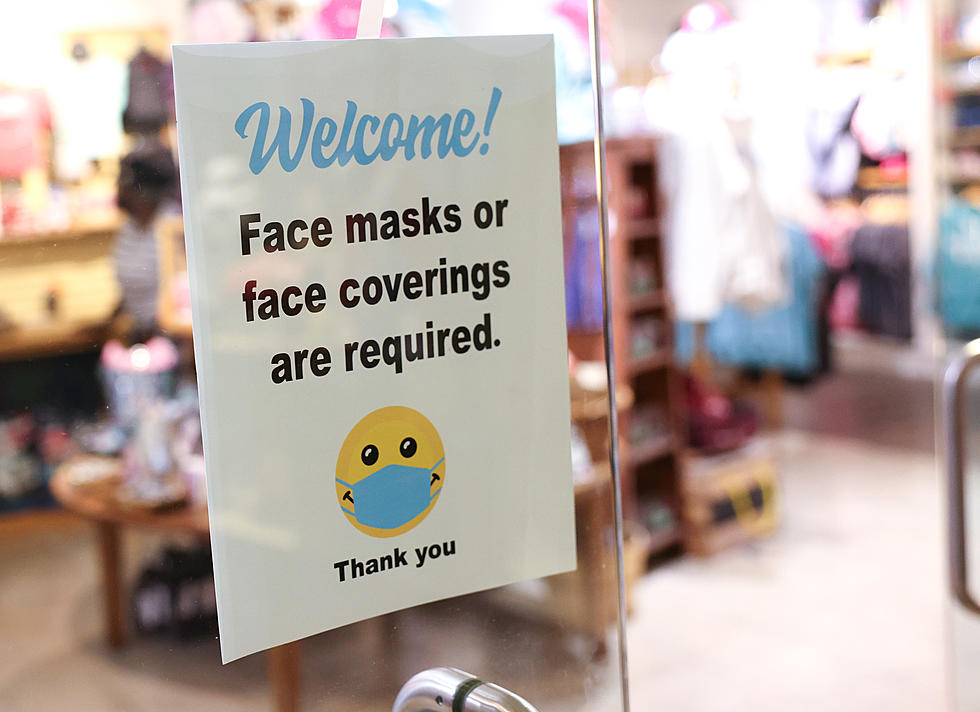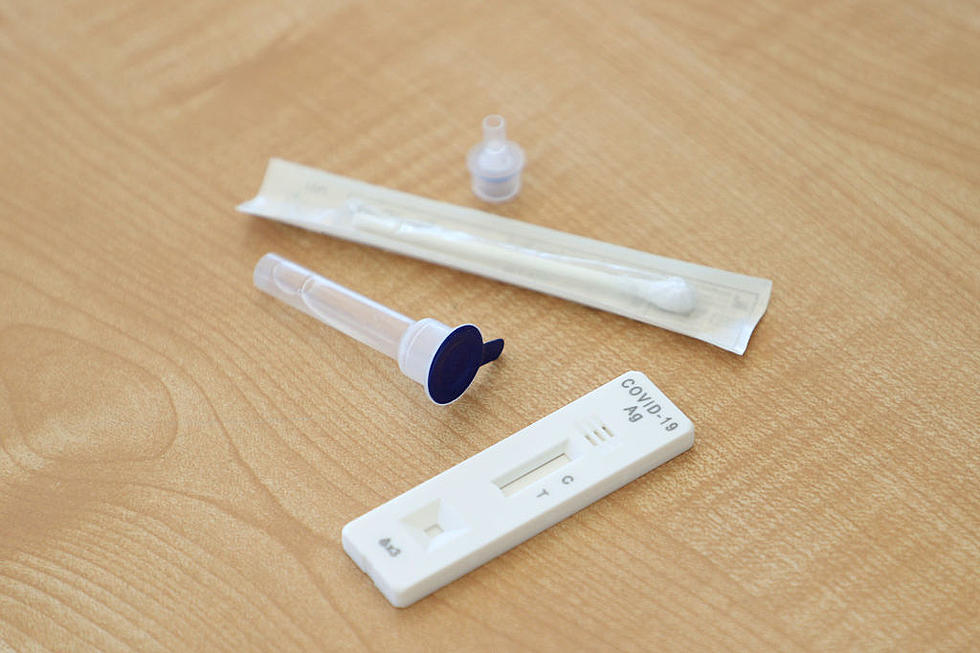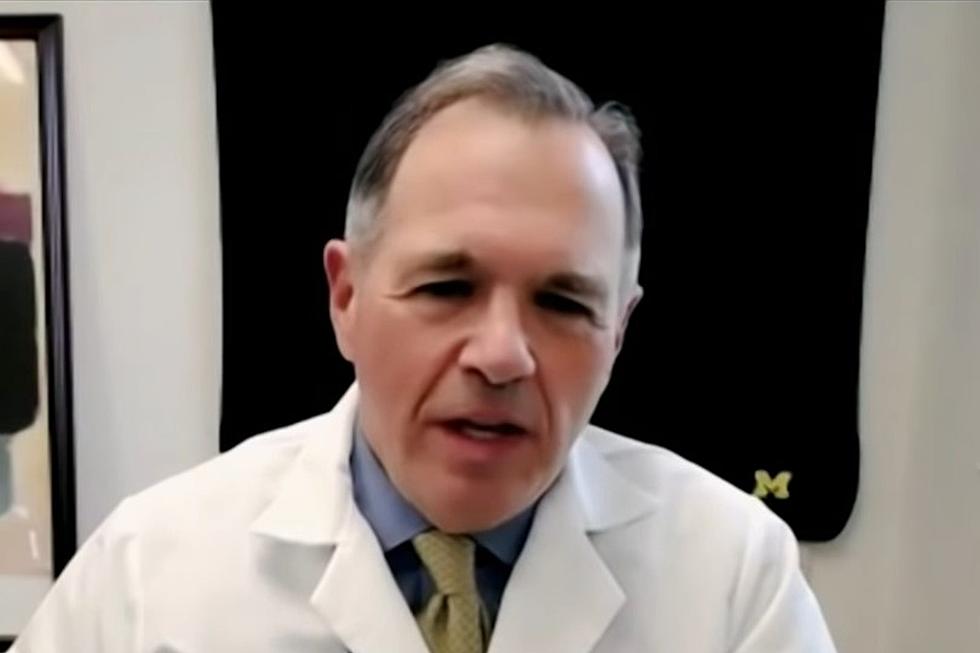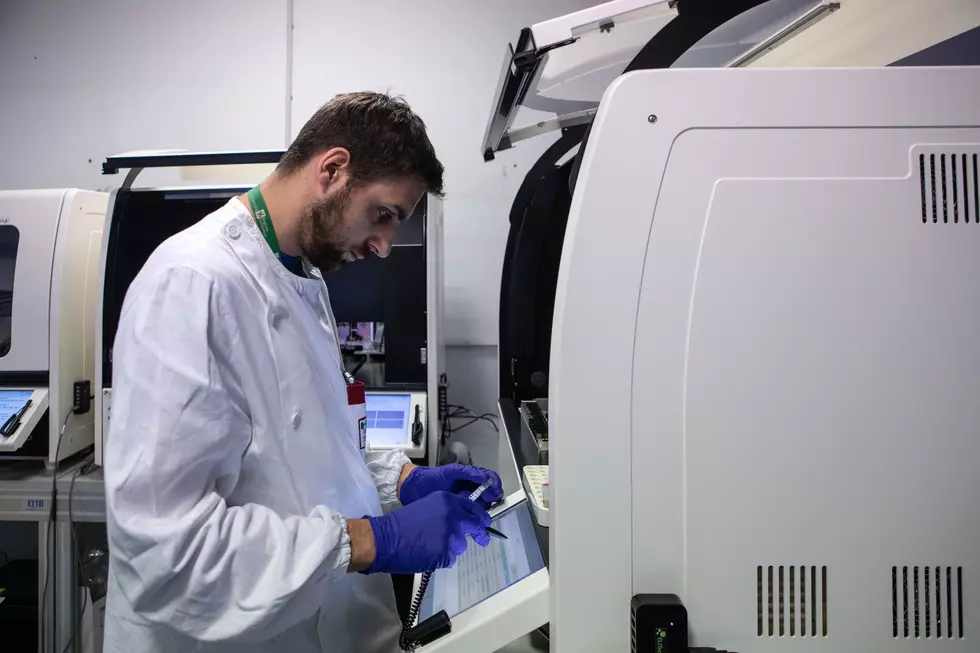
Things to Know About Coronavirus and Flu
Dr. Richard Van Enk, Director of Infection Prevention and Epidemiology with Bronson Methodist Hospita, has been with Bronson for more than 25 years. Dr. Van Enk was a guest on the 95.3 WBCK Morning Show with Tim Collins.
“The way we describe it is that we don’t right now have an epidemic of Coronavirus, but we have an epidemic of fear, and people are doing some things that don’t seem to make a lot of sense and they’re not doing the things that they should do.”
Dr. Van Enk says influenza is a much greater threat in West Michigan and people seem to take that threat quite lightly, but they seem to be kind of upset about Coronavirus. “It’s one of the paradoxes of our business.”
Dr. Van Enk says a lot of the hoarding going on right now is just people being concerned that the supply chain could be interrupted. He says the CDC does recommend that we have two weeks supply of everything we need in case something happens.
Dr. Van Enk says his staff routinely detects Corona Viruses, but that diagnosis does not mean it’s the new one, called Covid-19, from China. He said they cannot test for Covid-19 in the hospital laboratory yet. He says the government has a test for it, and they are being distributed to State Health Department labs. “They probably have close to 1000 tests in Lansing right now, and we’ve only tested five people in the State of Michigan, so there’s no shortage of testing available.”
So how do doctors decide to test for Covid-19, when a patient shows symptoms that could be the regular flu or a cold? He said there are very specific criteria they follow when deciding to test for Coronavirus:
- A travel history to one of the involved countries. They are China, Italy, Iran, South Korea an Japan. You have to have lived in one of those countries for a number of days to trigger a test.
- Does a patient have the symptoms of fever, cough and shortness of breath? You have to have a pneumonia.
- If you have a pneumonia that looks like Covid-19, and have excluded everything else, testing may be warranted.
Germs can live for hours on a surface like a door knob. Sunlight and air will gradually kill the virus. Some experts are saying the virus could live several days, depending on conditions.
Dr. Van Enk says that the preventative measures for Coronavirus are exactly the same as they are for the Flu.
- Wash your hands frequently and whenever you touch something that could be contaminated.
- Don’t touch your face. Viruses live in the respiratory tract, which means eyes, nose and mouth are main areas where they can be spread
- Cover your cough. If you have to cough or sneeze, cover it with your sleeve of with a tissue or something. Then wash your hands.
- Basic health things like proper nutrition, sleep, and stress control.
- Get your flu shot. Since Coronavirus and Flu look a lot alike, having a flu shot makes it easier to rule out things during the diagnostic process. It’s possible to get flu and Coronavirus at the same time.
Did scientists miss the mark on this year’s virus preparation? Dr. Van Enk says maybe a little. He says the shots normally are 40-60 percent effective, and data shows this year, as of last week, it’s been about 45% effective.
So how dangerous is the Coronavirus? Dr. Van Enk says it’s a little difficult to say because China hasn’t been real forthcoming with data until recently. But he says it looks like the vast majority of cases of people who have Covid-19 have very mild or moderate symptoms. (a little fever, a little cough but don’t require medical attention. ) About 15% of people have more severe disease and might require medical attention or hospitalization. Only about 5% require more extensive medical attention. He said those people tend to be in older age groups and tend to have underlying issues in the immune system and lungs.
Children are not getting the disease but could be carriers of it. Dr. Van Enk says it’s a little unusual that it isn’t making children sick, and we don’t know why. Health officials caution that just because a child isn’t showing symptoms doesn’t mean they’re not spreading the disease.
More From WBCKFM

